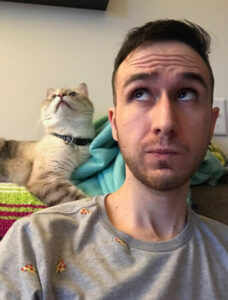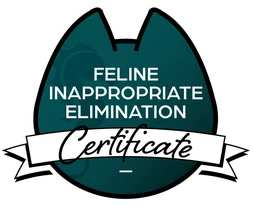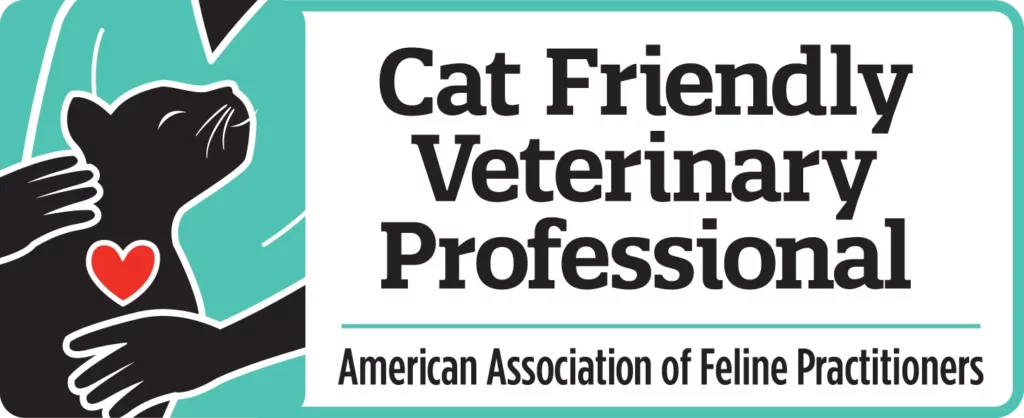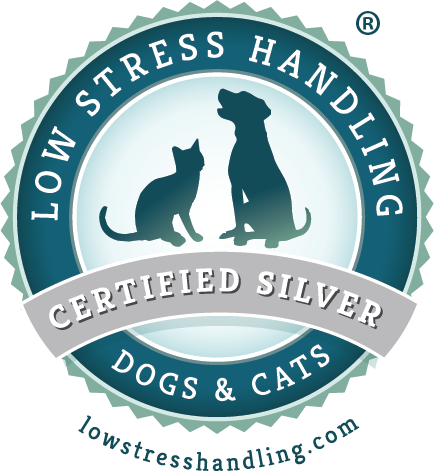This blog is part of a series as I process my grief over the loss of my cat, Zoloft, in the hope of helping others process their grief. I am sharing a new blog post every month for the first year on different topics related to grieving a pet. While my focus is on cats, the advice is applicable to dogs, birds, or any other pet you love.
Zoloft had a lot of stuff. A lot of stuff. He was a single cat and he had five cat towers. I was constantly seeing new things that I thought he’d like (and many I thought he wouldn’t as not all cat products are good cat products) and I had little self-control when it came to him. After he was gone, there was a lot of stuff that was left.
Worst of all, he passed very rapidly and less than two weeks before his birthday. I had an order from Chewy with his food and a bunch of fun toys for him for his birthday that arrived the day he died. Needless to say, that was a pretty awful package to receive that day. I remember one of the many things that went through my mind was what the heck do I do with his stuff? Some of it was personalized and some of it was perishable. I even had unopened, brand new toys for him.
As you’re probably in the midst of grief right now like I was (and still am, honestly), you may have a hard time thinking of what to do next. I want to present a few options and suggestions of ways you can move forward so that even though you may not have your full mental capacity to think things through immediately, you can hopefully make an informed choice.
Perishable Items
We’ll start with the thing that needs to be dealt with first which is anything that could expire. Since it isn’t going to be safe for a cat to consume forever, you’ll have less time to make a choice about what to do with it. Thankfully, this one is usually pretty straightforward.
Opened Items
For items that are opened, for example, a partially used can of food sitting in a fridge, I would advise you to throw this out right away unless you have another cat that will eat it. You can probably wait a day or so if you aren’t ready immediately, but if you wait too long it may start to grow things. That will make an emotionally unpleasant task rather gross.
I know it sucks thinking about throwing away a meal that was intended for them (I had an opened can of food and a partially opened jar of baby food that I would use to mix Zoloft’s medication into), but keeping it in the refrigerator will not turn out well long term.
For things that are a bit more stable, for example, dry food or treats, think about how recently they were opened and if they are individually packaged. You may want to find someone else with a hungry cat or see if a shelter can take it. Keep in mind not all shelters can take open food. If it’s individually packaged, like a partially used box of Churu, you can decide if you want to keep them based on how far the expiration date is and when you think you may get a new cat.
Unopened Items
For perishable items that are unopened, look at how close they are to the expiration date. Depending on how recently you bought it, you may be able to bring it back for a refund from the point of purchase. It’s okay to ask a friend to do this if you feel like it’s too hard! If you can’t do that, you can consider donating it or keeping it for a new cat if you think one may be joining your life in the near future.
Personal and Personalized Items
I either ordered or received many personalized items with Zoloft’s cute face on them during my time with him. I had stickers, socks, and even a matching set of joggers and a fleece poncho. I also had a set of wooden letters “J&Z” that I had displayed on a bookshelf, had made him a few bowls in ceramics classes, and so many things that said “Zoloft” on them. This is in addition to his collar and other items that were his.
I didn’t want to get rid of them, yet I also knew that having them just sitting around may unexpectedly cause me to begin crying as seeing them there may remind me that I’m not using them. For the immediate time being after your cat passes, you may want to just set some of them aside. Some of them you may decide to keep long term and some of them you may realize don’t hold that much value to you.
My suggestion is to keep them someplace where you will purposefully run into them, but they may not necessarily be a constant presence. If you know you do want to keep them, you can consider getting a nice memory box to store them in. If you’re not sure, a bag can do as temporary storage.
You may or may not decide that you want to display them as part of a memorial for your cat or use them as part of a memorial project. You can consider getting a shadow box or collar display to show those off. For clothing items, it’s up to you if you want to wear them. I wore one of my shirts to Zoloft’s celebration of life and plan to wear one of them on his Gotcha Day. The rest of the clothing items I think I will still wear but will keep them as clothing for around home until I’m ready to be asked about him by people who don’t know the situation.
Toys, Cat Towers, Bedding, and More
Now we come to where you may have to make a call about what to do as the choice is a bit more ambiguous. Your cat had a lot of basic stuff that they needed for their day to day life. Do you keep it for another cat or do you decide to start anew? There’s a lot to consider here so let’s go over a few things to ponder.
Things To Replace
There are a few things that are probably best to just plan on replacing. Unless you have another cat that is still around, you likely will want to dispose of the litter box and start with a fresh one when you get a new cat. Heck, even if you have another cat this may be a good time to just get a new one as litter boxes should be replaced yearly.
If the item is severely soiled or may carry the risk of a disease (for example, your cat passed due to a communicable illness), you will want to dispose of the item. If it’s something that is of sentimental value, there may be a way to properly clean and store it, but that’s an entirely too complicated topic for today’s blog.
Similarly, anything that’s broken or severely worn out can be thrown out as it likely can’t be reused. If it’s something like a scratching post that could have the sisal rope replaced and the structure is otherwise fine, you could consider keeping it or giving it away to someone who may have the energy to do that.
The exception to this would be if there’s some sort of sentimental value to whatever the object is. For example, when I got Zoloft from his old owner, he came with a single toy that was old and worn out as it seemed to be the only one he liked. I still have that toy as it means something to me, but I’m not using it for other cats. It’s on display in one of his memorials.
Donate Or Keep?
If things are still usable, don’t carry an infectious disease risk, and in decent shape, you can go in one of two directions: keep them for a future cat or give/throw them away. As always, you know what the correct decision is for you but you’ll want to consider a few things.
Scent: How Big Of A Problem Is It?
Many people think that they have to get rid of their cats’ items because they will still have their scent on them. While it is absolutely true that scent is important to cats and cat cause some cats a lot of stress, your cat’s scent is probably all around your home anyway. Unless you’re doing a deep cleaning of your whole home, chances are it will be there. To me, keeping most of your cat’s things for use by a future kitty is totally fine if scent is your only concern.
The exception to this would be if you are bringing in a cat that is known to be very reactive to other cats. In that case, going with new stuff is a good idea. For most cats, you will likely find they adjust to the smell, especially as the scent of your old cat will eventually dissipate.
Side note: I’d like to acknowledge that that idea may sting a little as it does when I think about Zoloft’s smell dissipating from all the stuff he snuggled on. It’s an unfortunate reality and it still sucks.
Laundering items is a good idea anyway and will help take care of some of that problem for things like blankets and snuggly beds so that will wash away some of the smell. If you’re planning on waiting a while before adopting another cat, time may take care of a lot of the scent. Speaking of waiting…
Storage
You’ll need to keep the cat stuff somewhere so if you are planning to wait to get a cat or aren’t sure, do you have space to store whatever it is? You can always choose to keep larger items like cat towers in place and I’d absolutely recommend you keep cat shelves up on the walls as they are more of an effort to take down. If you don’t want them out on full display or you feel like seeing the items may hurt, you may be best moving them.
That said, you could also consider covering them to prevent folks from asking or commenting on your cat. You can repurpose some things into something else temporarily as well. For example, a cat tree could be used to store things or even as a temporary memorial to your cat (I have a whole post coming on making a permanent one using a cat tower so stay tuned!) while you wait on bringing another cat home. Changes don’t need to be permanent!
If you don’t have the space or need it for something else, feel free to donate your items or find them a new home. Your cat would want them to be used to make another cat happy I’m sure!
If you’re finding it challenging to donate or give away some of your cat’s things but really don’t have the space (or have to get rid of them for other reasons), you can always take a picture of the item. That way, even if the item isn’t physically there you still have a reminder of it. At the end of the day, was it really the item itself that you were attached to or the memories of your cat that the item brought up?
Budget
A short but not unimportant consideration is the cost of cat stuff. Cat towers, at least well made ones or ones that don’t look like traditional cat towers, are not inexpensive. They’re totally worth it as they can help make your cat happy and reduce tension between multiple cats, but they come with a price tag. If your budget is thin and you know you may be getting another cat eventually, consider keeping your stuff so your new kitty can be welcomed into a new home with lots of places that now belong to them.
Your Wellbeing
Lastly, let’s think about the impact on you. I bring this up last not because it’s the least important, but because it’s the most abstract. It’s also the one that you will have to think about the most and I can’t provide you with a direct answer on which direction to go.
You want to think about how keeping your cat’s stuff around will impact your grieving process. Will it be something that keeps life normal or will it keep you lingering in the past? If it is painful, will you be able to hide some of the items or do you not have space? Will finding any stored items, even if you know they are there, be hard to dig out later?
Another consideration comes from something I ran into in the early stages of my grieving Zoloft when his successor, Prozac, was adjusting to his new home: I kept all of Zoloft’s stuff (minus his litter box) and Prozac was fine. One item in particular I kept was The Chair. Zoloft was obsessed with an office chair that formerly belonged to me until he took it from me.
Prozac would go sit on the chair and it was adorable. Here is the evidence:
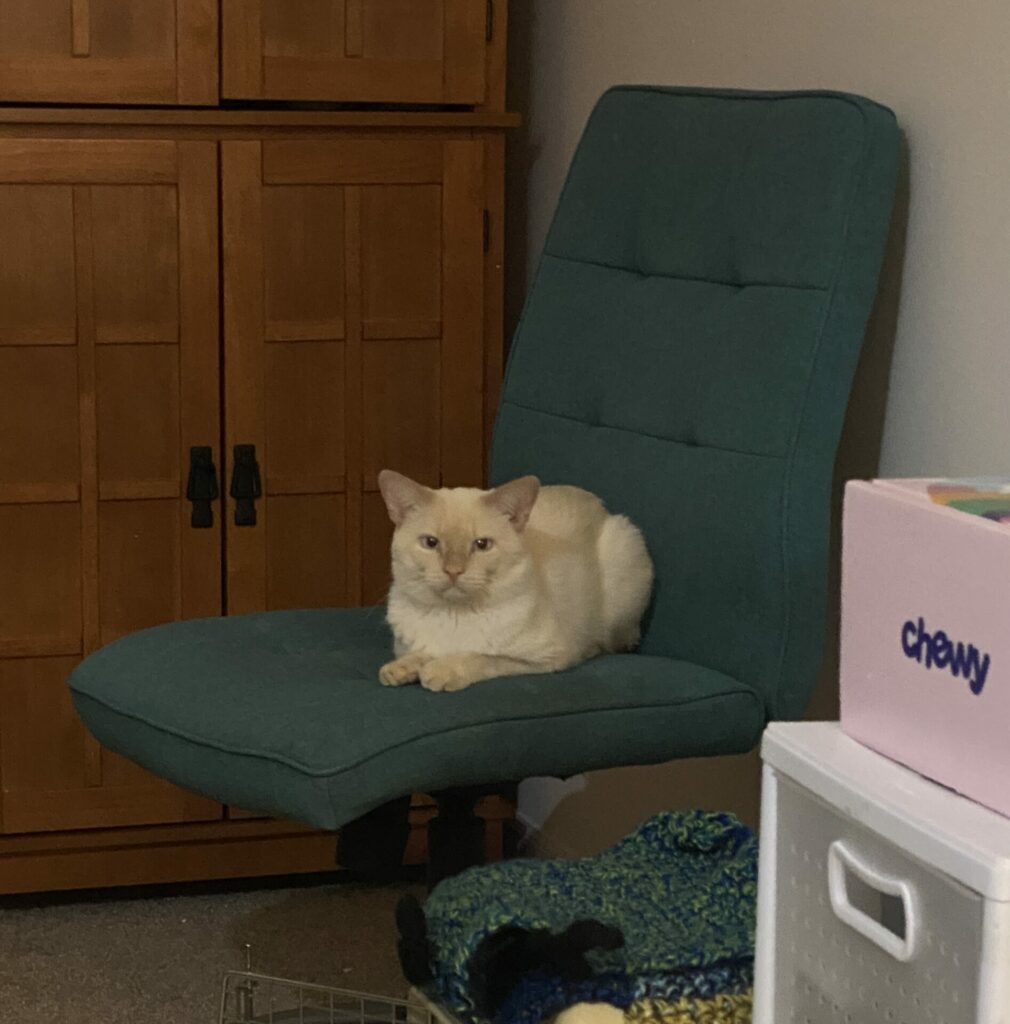
As time went on, he tried scratching at The Chair. Most of the time it was in an attempt to climb it which didn’t bother me a ton. Normally I’d redirect him to an appropriate scratching post, but one night I was having a particularly challenging evening with my grief and he decided to go scratch the chair. Not in an attempt to climb, but he was scratching it.
While not logical at all, it felt like he was damaging the chair and thus damaging Zoloft or destroying his memory. It really bothered me quite a bit because that chair was special to my sweet Zoloft. Prozac had also pulled a wing out of a bird toy Zoloft had received for Christmas from my parents a few years back. It wasn’t a toy he played with a ton so it wasn’t as bothersome, but I did hesitate to throw the now broken toy away because it was Zoloft’s toy.
For a lot of things, as a normal part of your cat using them, your cat will damage or destroy items. Even well made cat toys won’t last forever. How will watching your new cat destroy them bother you? Are you okay with that? I can tell you that to me, the majority of the toys I’m fine with him using them and even damaging them, but The Chair was tough.
You may want to set aside a few particularly precious toys to not give to your cat or, if you don’t think you can handle it at all, consider giving them away or donating them. You don’t want to build resentment toward your new cat. I luckily was able to work my way through this event and definitely am not mad at my sweet dude, but sometimes grief hits you in weird ways.
Should It Stay Or Should It Go?
As you can see, the decision on what to do with your cat’s things after they die is sometimes pretty straightforward and at other times very nuanced and individualized. For some things, it’s a really good idea to replace them with something new. For other things, you may want to hold onto them for sentimental reasons to memorialize your cat. Other items? It really depends as they may bring a new cat joy or they may deepen your sense of loss.
Chances are you’ll ultimately do what I did and did a mix of keeping things and not keeping others. His prescription food was donated and his litter box was disposed of. I landed on keeping most of his other things so they could bring future cats of mine happiness, but I know as time goes on those things will break and won’t be around forever. The things that are most meaningful to me are stored safely.
At the end of the day, life is going to be different. You can’t completely keep things the same as when your cat was here. That’s okay as different isn’t bad. Even if you don’t keep much from your cat, you still have photos, memories, and that enduring, special bond that will last you the rest of your days.
Check Out The Other Posts In The Series
For the first year after Zoloft’s passing, I’ll be adding to this series every month. Check out the posts that are published so far along with a few extra posts about cat loss and building memories while your cat is still here.
- Grieving A Cat: Surviving The Loss Of A Special Friend
- Memorializing Your Cat: Making A Special Memory Book Of Your Happiest Memories
- Surviving The Holidays Without Your Cat
- When Should You Adopt A New Cat After Yours Dies?
- How To Support Someone After Their Cat Dies
- Holding A Memorial Service For Your Cat
- Anticipatory Grief: Grieving Your Cat While They Are Still Alive

